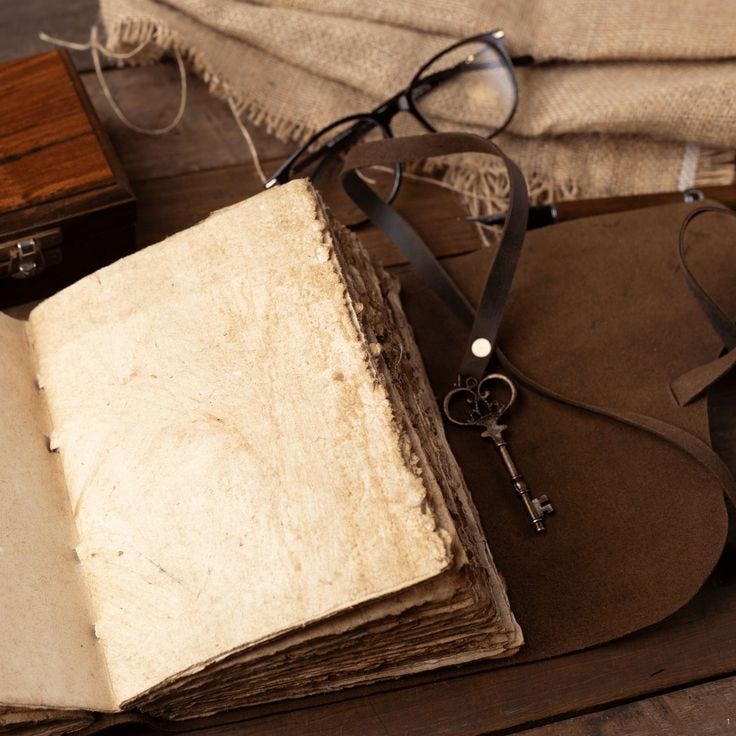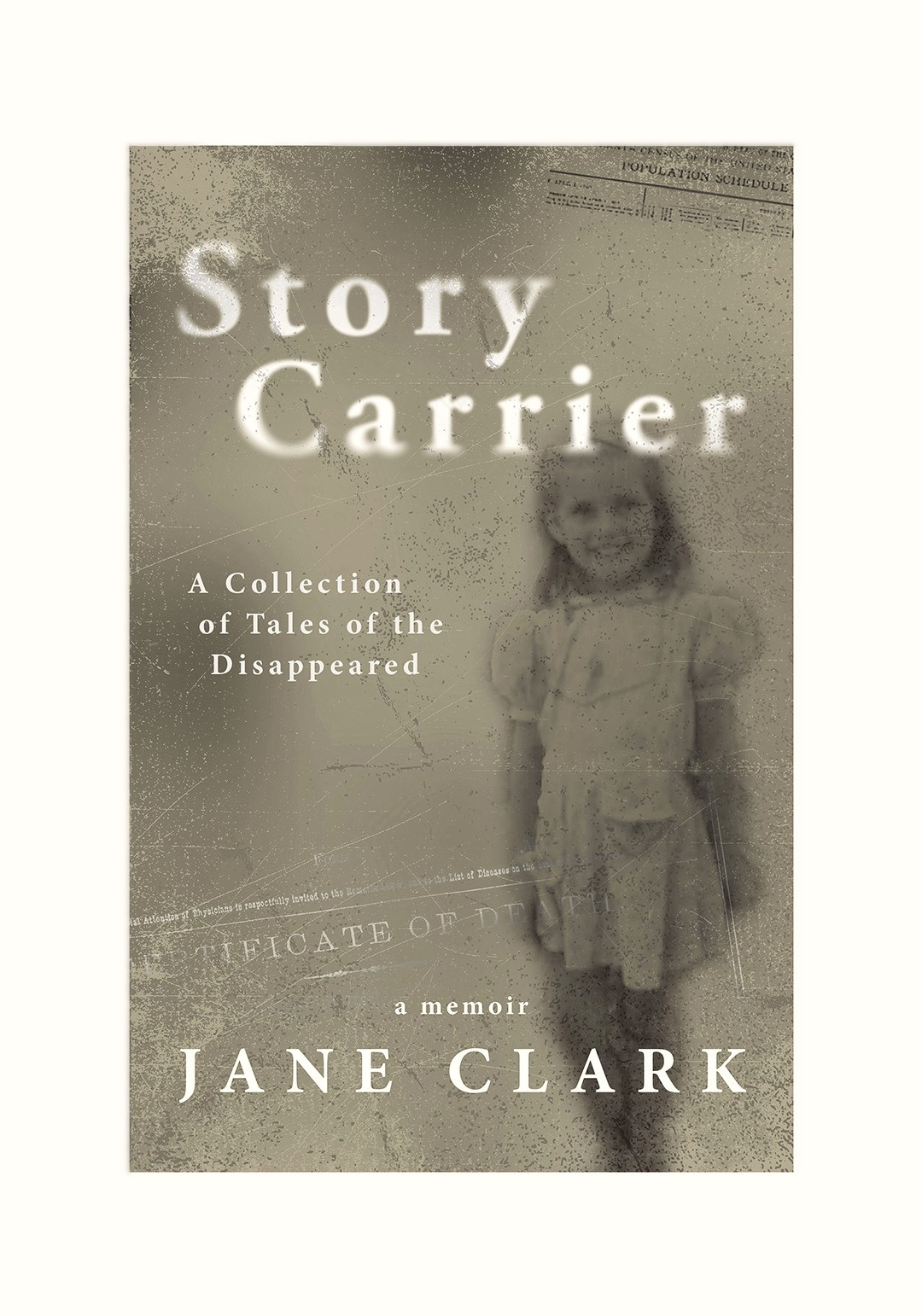
“If you do not breathe through writing, it you do not cry out in writing, or sing in writing, then don’t write, because our culture has no use for it.” anais nin
Welcome back story carriers. I have a question for you: Does the practice of writing frustrate you or exhaust you? Does it make you feel emotions that are sometimes unbearable? I hope so because, as the anais nin quote implies, if you are not putting your body and soul into the work, you have not written. Writing is more than a creative exercise, more than an opportunity to express your desires and beliefs. It should yield more than a product such as a book or a newsletter. Writing is a process of self-discovery, one that demands you examine your ideas, reflect on the why of your beliefs, explore your questions in depth, and examine (closely) your assumptions. Writing should teach you something about yourself. It is, as author Orson Scott Card explains, a practice that allows you to create your “work in order to create yourself.”
As we write, we become. We tend to see ourselves as fixed beings who can fit into a number of categories. We are born under a certain astrological (or Enneagram) sign, practice a specific faith, belong to a particular race, identify ourselves by one or multiple genders. We introduce ourselves as someone who works in a particular field or occupation and, who holds a specific social status—such as single, married, divorced, widowed, or any other stage of relationship we desire. But these definitions are contrived by the external world. And as human beings we tend to resist being boxed in by limiting definitions. In addition, we are not static. Indeed, we are always in process of becoming.
Writing is one vehicle for transporting us across the thresholds of change and transformation by providing a way to see ourselves anew. The magic of the writing process is such that when we surrender to it, we are taken beyond what we can immediately imagine. Our self-perception is expanded, and we are qualitatively changed. We become new, expanded versions of ourselves.
There are several ways to use writing to venture into new worlds. For example, author Maria Popova recommends journal writing as a way to begin the creative-self process. “Journaling, I believe, is a practice that teaches us better than any other the elusive art of solitude — how to be present with our own selves, bear witness to our experience, and fully inhabit our inner lives”.
Popova’s point is important. In order to grow, we must learn to be present with ourselves and to witness our lives. When we are able to capture an experience in language we see it differently. Our brains process the event at a deeper level, and we see possibilities that were not clear to us when we had the initial experience. This occurs because much of what happens to us is stored in short-term memory, which can only hold between five and nine chunks of information at a time. Writing about an experience frees up neurological (brain) space, allowing us to reflect on, question, or even to re-interpret what we’ve experienced.
How often have you written a journal entry, only to return to it months or years later and read, with surprise, something you weren’t aware you had said. This is not uncommon because when you re-read your earlier work, you do so with a different point-of-view. You see things in the piece that escaped your attention at the time you wrote.

Whether you journal, write poetry, fiction or any other genre, it helps to begin with the expectation that you’ll learn something new about yourself. I won’t tell you this is a painless process. Nor is it simple; in fact, author Rebecca Solnit explains that we cannot imagine what it is we’ll learn when we begin a writing project. We must enter the work prepared to be surprised by what we discover. We must suspend our judgment. “The things we want are transformative, and we don’t know or only think we know what is on the other side of that transformation.” In her book, Field Guide to Getting Lost, Solnit writes about the sometimes-disorienting experience of being lost, wandering into unknown territory and the feelings of uncertainty that result.
Uncertainty is a marvelous place to be when you are writing because it’s where you’ll encounter the treasures that seem to hide from the humdrum of daily life. Allowing yourself to get lost in your thoughts and in your writing will open you up to new ideas. It will allow you to see from a different place. It will also be exciting. So, go ahead. Push beyond your limits, step through the door, cross the threshold and see what comes to you. In Solnit’s words, “Leave the door open for the unknown, the door into the dark. That’s where the most important things come from, where you yourself came from, and where you will go.” “Love, wisdom, grace, inspiration — how do you go about finding these things that are in some ways about extending the boundaries of the self into unknown territory, about becoming someone else? “ Rebecca Solnit

The beauty of this kind of creative process is that it changes more than you as the writer. Others in your sphere are also affected by the new you. As mythologist and storyteller Michael Meade says, For, what changes the soul can also change the world.
Artists and writers actively seek the zone of the unknown and they willingly cross original or fixed boundaries, where they can explore the inner world of the imagination. When you write, allow yourself to enter into this experience to feel the wonder and the awe of not-knowingness. Allow yourself to stand in what is described as “neither here nor there, occupying an area between what is and what is to come.”
Trust the story you are carrying by allowing yourself to step into the unknown. Invite the story into your sphere and watch it unfold There is wisdom in the story which has the power to entice you to step into a world of wonder and awe. Embrace the process and trust the story to help you …become…
To read about how I followed the story of the women in my family and the mystery that unfolded as I did so, order my memoir, Story Carrier: A Collection of Tales of the Disappeared.
Follow my work at Story Carrier: The Movement







Hi Jane! This is such a brilliant piece and resonates so strongly with me. You have articulated so well so much of what I believe about writing snd what I have also experienced that it is transformative experience that takes you on journeys far beyond what you first imagined. I also feel language has its own energy and intelligence that tells us where to go next in a oiece of writing. Thanks for this beautiful post 💕💕💕
Congrats is your publisher getting the book into libraries? This is my question du jour for new books